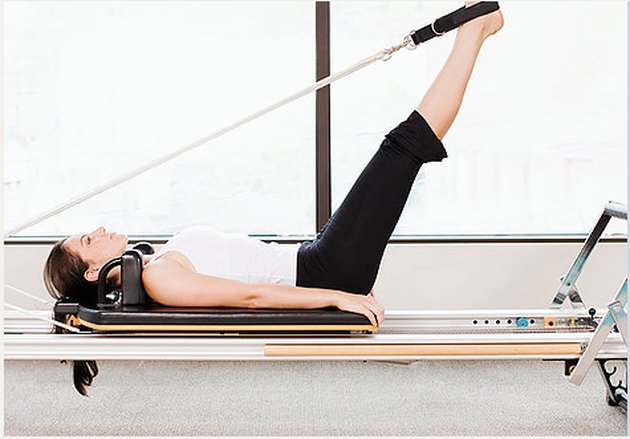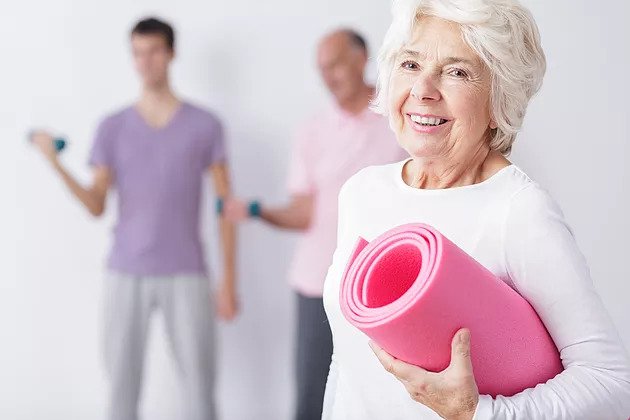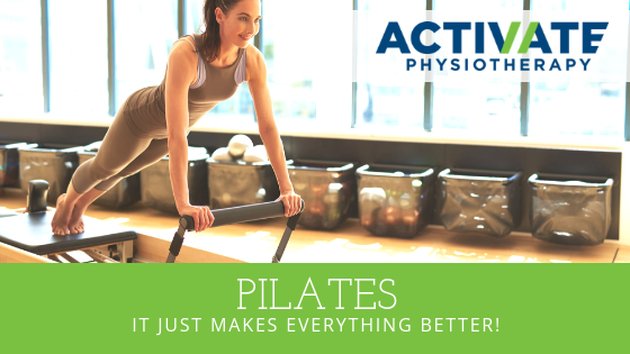Like… Literally!
No this isn’t going to be a blog with me spouting on about how good Pilates is, it’s going to be a blog with me spouting on about how good Pilates is with science to back me up.
Musculoskeletal pain in adults is real and a massive issue for many of us north of our 30’s (and younger). It is a result of common problems affecting the back, neck, shoulder, knee and often crosses multiple sites causing reduced function and quality of life, and ever increasing demands on the healthcare system. Although usually not due to serious causes, the prognosis is often poor with many people reporting persistent symptoms after consulting one or sometimes multiple health practitioners. Further complicating things, persistent and recurrent clinical symptoms may accentuate the physical, psychological, and social impacts of musculoskeletal pain and further contribute to it’s severity.

Enter Pilates…
Pilates is an exercise approach that is becoming increasingly popular and includes exercises to improve flexibility, balance, core strength, core stability. Physiotherapists work to tailor Pilates programs to the individual needs of people based on their injuries, conditions, ages and abilities and this has been found to be an essential factor in ensuring long-term exercise adherence.
Earlier this month a study was published looking at the effects of a 12-week physio led Pilates exercise program. They measured the participants self rating of the effect of Pilates on 5 key areas of their lives:
- Physical Improvements strength, core stability, flexibility and balance;
- Whether Pilates created an more active lifestyle and improved performance at work and / or hobbies;
- The Psychosocial benefits and whether it improved confidence;
- Whether Pilates increased their ability to self manage their own injury or condition; and
- Whether Pilates improved their motivation to continue with exercise.
Pilates – the fountain of youth

The results showed Pilates participants found they had improvements in their physical capacity and were able to manage their injury or condition more independently with less reliance on repeated visits to their health professional/s. It supported previous evidence from studies highlighting the positive effects of exercise on mental health.
Because of the improvement in self-management Pilates go-er’s felt better able to perform their work or social pursuits, and the decreased costs of health care for participants was deemed to be a fountain of youth (of sorts) as it seemed to reverse the ‘inevitable effects associated with ageing and chronic conditions.’’
So what are the key take-aways?
- Pilates can improve physical health and mental wellbeing
- It can help you to lead a more active lifestyle and stay motivated to exercise as well as improving your performance at work or in your hobbies
- For those with injury or musculoskeletal conditions, Pilates can improve your ability to self-manage and decrease the need to see your doctor or health professionals
- If you have pain or injury, Pilates is most effective when it is prescribed by a clinician like a Physiotherapist who can ensure it is tailored to address your individual needs.
At Activate Physiotherapy some of our Physiotherapists have had additional training in the Pilates method which we can incorporate into your treatment regime. Our Gumdale clinic features Pilates reformers which may be useful equipment for your rehabilitation. To find out more contact us via phone, email or our online chat.
This information is based on the study: Gaskell, L. Williams, AE. A qualitative study of the experiences and perceptions of adults with chronic musculoskeletal conditions following a 12-week Pilates exercise programme (Musculoskeletal Care. 2018 Nov 6.)

